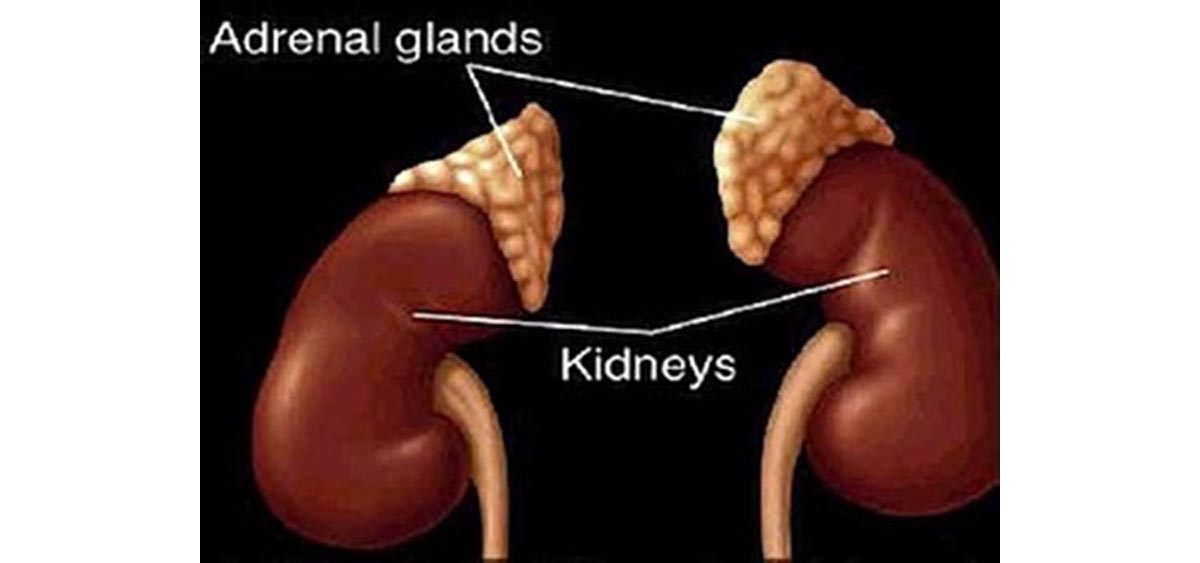Table of Contents
Adrenalectomy is the surgical removal of one or both adrenal glands. Most people find this definition a bit insufficient because not many of them know what adrenal glands really are!
Adrenalectomy is the surgical removal of one or both of your adrenal glands — usually because of tumors developing on the adrenal glands.
You may be wondering what adrenal glands even are, and you're not alone. Most people find this definition a bit insufficient because not many of them know what adrenal glands really are! So, what are they?
Well, the adrenal glands are endocrine glands and there are two of them in our organism — each adrenal gland is above both of our kidneys. Although they may seem small and not so important to our body — this is actually far from the truth! Our adrenal glands represent an important hormone factory in our body which produces hormones such as epinephrine, norepinephrine, androgens, estrogens, Aldosteron, and Cortisol. Then, what is the purpose of the removal? Why may someone want surgery to get rid of their adrenal glands?
It’s rather simple. It is usually done in cases of serious illnesses or tumors that affects these glands! The removal of the adrenal glands is usually performed by conventional surgery, although, like in other abdominal operations — surgeons may also use laparoscopy, which offers far less scarring (four very small incisions) and a shorter healing time! There are many different types of adrenalectomy, and different ones might be right for different people.
What else do you need to know about adrenalectomy and the adrenal glands?
Anatomical and histological structure of adrenal glands
Like it has been already mentioned, there are two adrenal glands and each of them is made of two separate parts, an outer- CORTEX and an inner part- MEDULLA. Not only that these structures are structurally different and made of different cells, but these two parts produce two different groups of hormones which are needed to maintain normal body functions.
 The medulla, inner part of the glands, secretes adrenaline, one very important hormone which is responsible for part of the response to stress. On the other hand, cortex is also made of three different parts:
The medulla, inner part of the glands, secretes adrenaline, one very important hormone which is responsible for part of the response to stress. On the other hand, cortex is also made of three different parts:

- Fascicular zone
- Glomerular zone
- Reticular zone
The cortex secretes several different hormones called corticosteroids because they have the steroid structure. Some of them are Cortisol, Aldosteron and some sex hormones. Their main function is to maintain the water and salt content of the body and also help to deal with stress.
Conditions affecting the adrenal glands
Although there are several possible indications for the removal of the adrenal gland- important thing to know is that this operation- adrenalectomy is usually advised for patients with tumors of the adrenal glands. Like other tumors- all tumors of adrenal gland may be malignant or benign. There is only one problem- almost all of them typically excrete excessive amounts of one or more hormones. When we talk about some malignant tumor, this procedure should not only help in correcting hormone imbalances, but also in removing tumors cells before they invade other parts of the body. These parts of tumor are called metastases.
Other hormone effects
It is important to point out that excessive production of adrenaline, such as seen in one condition-tumor called phaeochromocytoma, causes an over-exaggerated stress phenomenon of:
- high blood pressure
- shaking attacks
- sweating
One other condition called the Cushing’s disease is characterized by excessive secretion of steroid hormones produces high blood pressure, weight gain and muscular weakness. Although, this condition can be treated with this operation, most of the experts believe that it is better to treat this condition by direct approach to the pituitary which controls the adrenals and is situated at the base of the brain behind the root of the nose.
When we talk about Cushing's syndrome, then we should know that it is the term used whenever one adrenal is overactive, usually due to the development of a benign tumor. Other also common consequence of this condition is male characteristics, even in women. There are also situations when the tumor is inactive and produce no hormones what so ever. Some studies done recently have shown that in some cases, hormones produced by the adrenal glands can actually aggravate another condition such as breast cancer.
Continue reading after recommendations
- www.indianjurol.com/article.asp?issn=0970-1591
- year=2008
- volume=24
- issue=4
- spage=583
- epage=589
- aulast=Mellon
- www.healthatoz.com/healthatoz/Atoz/common/standard/transform.jsp?requestURI=/healthatoz/Atoz/ency/adrenalectomy.jsp
- www.surgeryencyclopedia.com
- Photo courtesy of dalehugo on Flickr: www.flickr.com/photos/dalehugo/2758704724/

